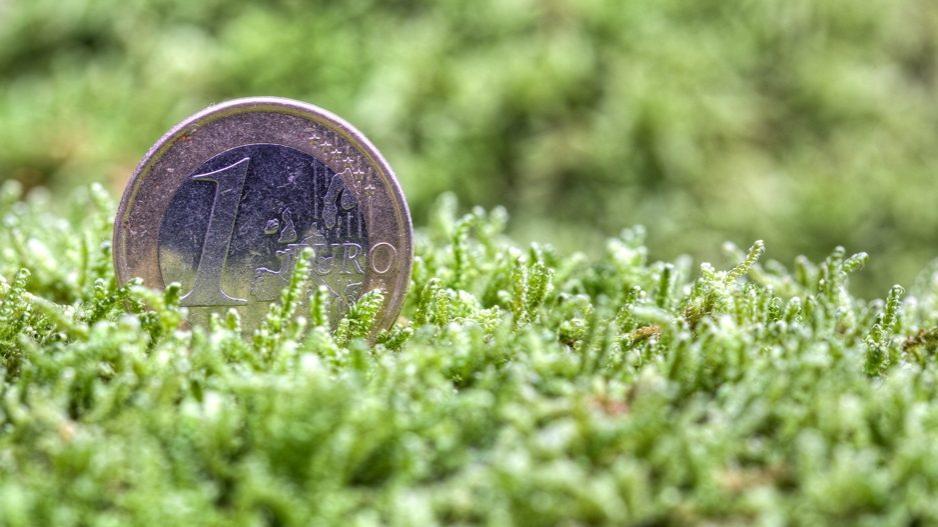Cyprus SMEs: Lack of Funding and Rising Energy Costs Hinder the Green Transition
€3.1 billion in public and private investments will be required to support Cyprus' green transition goals.
For most small and medium-sized enterprises (SMEs) in Cyprus, the green transition remains an unattainable goal due to high costs and limited access to financing. Many businesses, already struggling financially, are either ineligible for green funding programs or unaware of available subsidies and regulations related to Cyprus' transition to a sustainable economy.
As Brief reports, according to business organizations, companies must understand environmental regulations to prepare for compliance and adapt to new market realities. However, energy costs pose a major challenge, affecting both business viability and competitiveness.
To address this, businesses are encouraged to take measures such as:
-
Reducing energy consumption
-
Lowering greenhouse gas emissions
-
Decreasing their carbon footprint
Yet, achieving these goals requires significant investments, such as installing solar panels and adopting energy-efficient technologies, which many SMEs cannot afford.
Despite financial barriers, the Ministry of Energy has launched support programs, including the €40 million Energy Efficiency Grant Scheme for SMEs. This initiative aims to improve energy efficiency in existing buildings, production facilities, and infrastructure with high energy consumption.
The primary goal is to reduce energy consumption by 30% on average, through investments in:
-
Building renovations for energy efficiency
-
Technical systems improving building performance
-
Cogeneration systems for electricity and heat
-
Energy-efficient production processes
-
Renewable energy installations for business energy needs
However, strict eligibility criteria have made it difficult for smaller businesses to access these funds.

The Ministry of Energy, Commerce, and Industry has secured €600 million to support green energy investments and energy efficiency projects until 2027. However, the high costs associated with the green transition remain a significant issue, as acknowledged by Finance Minister Makis Keravnos.
During discussions at the Eurogroup, Keravnos emphasized the disproportionate financial burden the green transition imposes on Cyprus due to:
-
The need for coordination among EU member states to integrate renewable energy sources.
-
The necessity to consider the unique characteristics of each country.
-
Cyprus' geographical isolation, heavy reliance on oil, and lack of natural gas availability.
-
Structural challenges that significantly increase the cost of achieving energy independence through interconnections.
The Ministry of Finance has estimated that €3.1 billion in public and private investments will be required to support Cyprus' green transition goals, aligning with the EU’s 2050 carbon neutrality target.
The three main priorities for Cyprus are:
-
Investment in green technologies and sustainable products
-
Expansion of renewable energy sources
-
Reduction of greenhouse gas emissions across all sectors.






